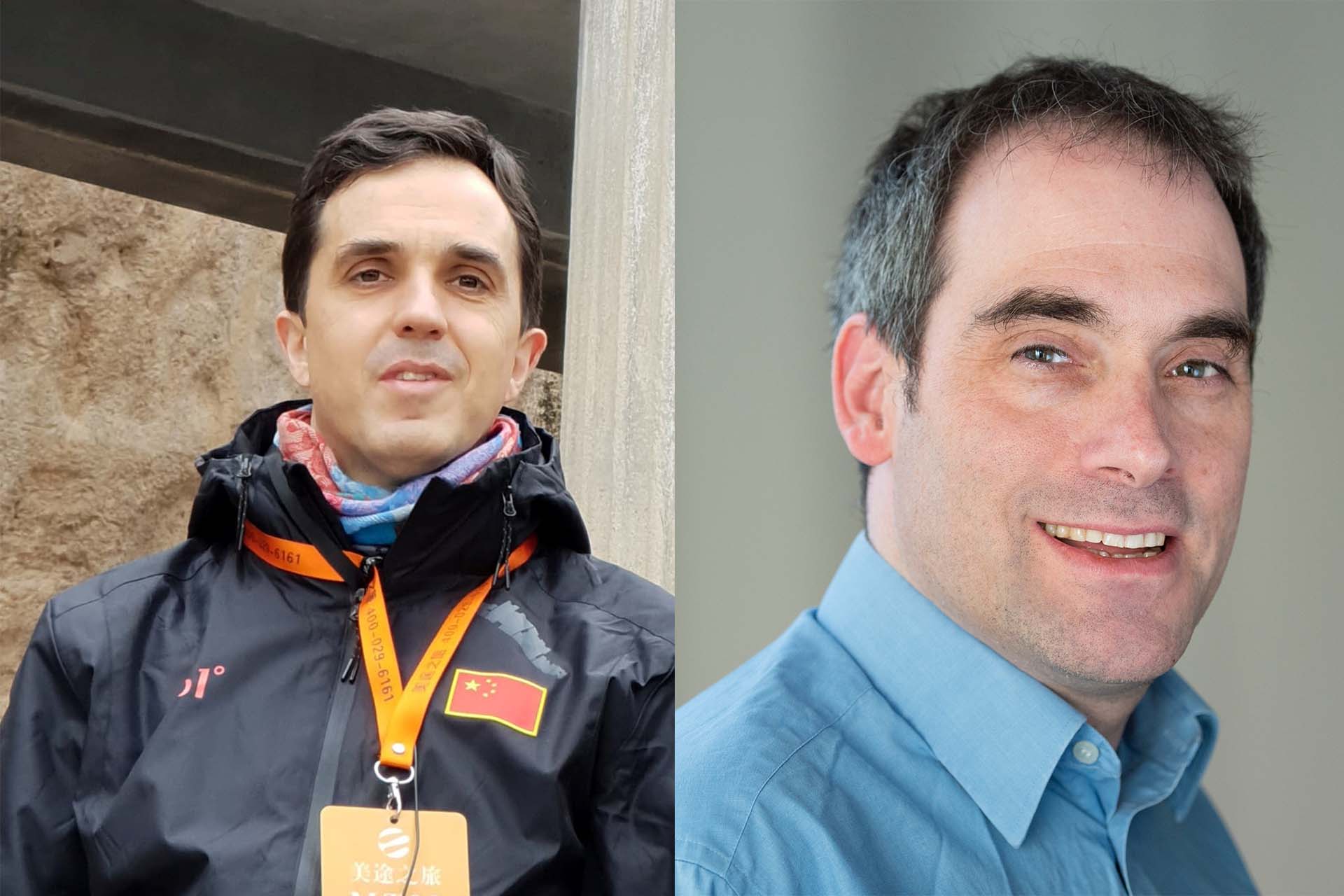Chris’ guest this week is Paul Hedges, Associate Professor in Interreligious Studies at the S. Rajaratnam School of International Studies, Nanyang Technological University, in Singapore. Paul and I were contemporaries in the University of Wales and we learn about how Lampeter made him the academic and person that he is today.
We learn about the days when computers weren’t used for writing essays, when students would pay someone to type up their dissertations for them, and the library had a card catalogue. Paul tells us about the time he once derived his inspiration for writing an essay from a strong bottle of cider. The whole Lampeter experience was like a bubble, quite different from the rest of the world.
Paul reflects on what it has been like to go back on the other side of the fence, as it were, and he recalls the chance in Lampeter to explore the countryside.
He talks about his lower middle class upbringing and how he would play Dungeons & Dragons back in the days when it wasn’t cool to be nerdy. He also talks about growing up in one of the most boring towns on the planet (according to Paul!).
Paul had friends who represented very different world views to his own, and Paul considers how his academic interest in interreligious relations and how different worldviews or traditions make sense of each other can be traced back to those days. Paul is interested in questions of autoethnobiography and the way in which you can’t understand people without understanding their location.
Chris and Paul talk about how different research is now that we have access to technology, but Paul reflects on why there is something missing – less time for cogitating, perhaps. They talk about postcolonialism and the move away from the western paradigm and the importance of inclusion.
We learn about Paul’s musical influences, including Pink Floyd, and that his son is a classical music buff.
Then, at the end of the interview, Paul discusses why he has positive memories of childhood and why, thanks to Lampeter discos, he can’t get YMCA out of his head, as well as his propensity to airbrush the negative stuff of life.

